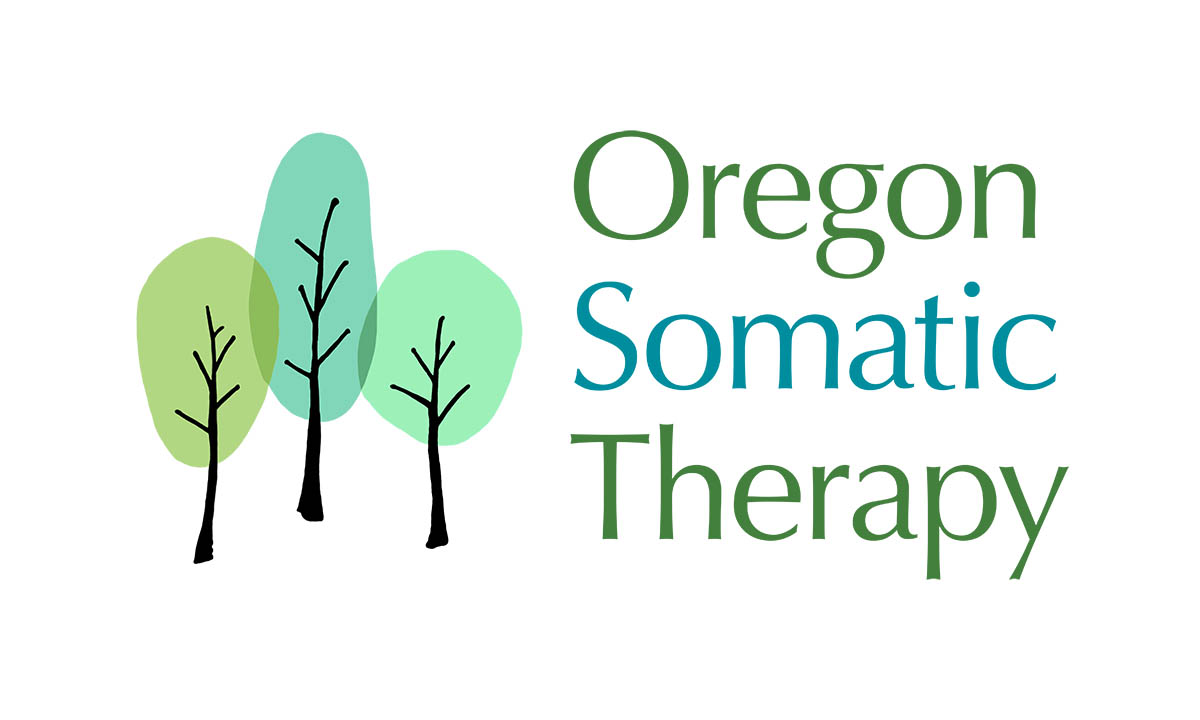“When kids start skipping things it might look to their teachers and peers like they are uninterested or underachieving, but the opposite might be true.” – Rachel Ehmke
Children count on adults to help them understand the spectrum of intense emotions they experience throughout their childhood and adolescence. They rely on their parents’ wisdom and emotional skills to assist them in developing their ability to define, express, process, and learn. As parents do their best to nurture children into thriving young adults, they might misinterpret troubling behaviors and difficulties in the classroom without recognizing acute childhood anxiety as the source.
As first described by Harvard physiologist Walter Bradford Cannon in the 1920s, activation of the sympathetic nervous system occurs in response to perceived threat. This acute stress response, also known as the “fight-or-flight” response, is the brain flipping the body’s survival switch, bypassing higher cognitive function and transferring all available resources toward the goal of staying alive.
Once this process is triggered, the mind interprets the environment through a lens of fear. A child’s classroom becomes a physically, mentally, or emotionally dangerous place from which they must escape.
The fight-or-flight response can lead to patterns of withdrawal, avoidance, or aggression. In some cases the child’s nervous system will try to manage stress by going into the freeze state. Your child or teen may appear to be listless, tired and sad, when in fact the nervous systems is trying to turn down the emotional thermostat and relieve the anxiety.
However, not all children and adolescents experiencing anxiety in their learning environment exhibit the same behaviors, and sometimes parents misinterpret these as the symptoms of other conditions. If your child’s performance in school is declining, the Child Mind Institute points to several indicators that chronic anxiety might be the cause:
- Trouble paying attention and focusing, restlessness and fidgeting.
- Poor attendance or frequently late to school and classes.
- Aggressiveness towards teachers or other students and being disruptive.
- Performing tasks well when alone or with you, but freezing up or going blank when called on in class.
- Difficulty completing homework.
- Avoiding group activities and assignments.
“Anxious students may be trying desperately hard just to keep up and this could be at great psychological cost” -Professor Michael Eysenck
If your child is struggling with chronic anxiety in school, they are burning an exponential amount of energy just trying to maintain. This daily experience can leave them feeling depleted, depressed, alone, and insecure. Left unaddressed, the chemistry of chronic anxiety can cause long-term physiological changes to their brain as well as negatively impact their developing sense of self.
As discovered by Stanford University School of Medicine researchers, the brain responds to persistent stress in childhood with overdevelopment of the amygdala, the brain’s emotion regulator. The increased number of associated synaptic connections can lead to the development of anxiety, depression, and PTSD in adulthood, and greater susceptibility to substance abuse. Prolonged stress can occur without further emotional complications, but if additional issues do arise, they often become lifelong struggles.
If a child is experiencing educational setbacks due to continual school-related anxiety, it is imperative they understand it’s because of a chemical response to fear rather than an intellectual deficit.
School-age years are critical, as this is when children are forming fundamental beliefs about themselves. Emotional intelligence is more than a psychiatric buzzword; it is a means by which children can learn to distinguish their emotions from their identities.
When faced with a physiological response to stress that undermines their efforts to succeed, children may interpret learning difficulties as the limit of their abilities. If a child is experiencing educational setbacks due to continual school-related anxiety, it is imperative they understand it’s because of a physiological response to fear rather than an intellectual deficit.
Acute stress is an innate response that’s appropriate in extreme circumstances, but the higher cognitive functioning it blocks is what a child needs to survive in their learning environment.
When parents, counselors, and mentors help a child discover what school-related triggers are flipping their anxiety switch, the fight-or-flight cycle is demystified – empowering children and adolescents to overcome their classroom fears and thrive. In some cases, bullying might be the source of this anxiety, and many children endure this is silence
If your child or teenager shows signs of anxiety or unrelenting stress, we can help. We have therapist in both our Tigard office and our east side Cherry Blossom office who can see your child immediately. Why wait? We take most insurance plans to make it affordable and we love seeing kids recovery from emotional challenges and thrive.
Give us a call at 503-342-2510, or email us. We can help.
Here are more articles you might be interested in:


